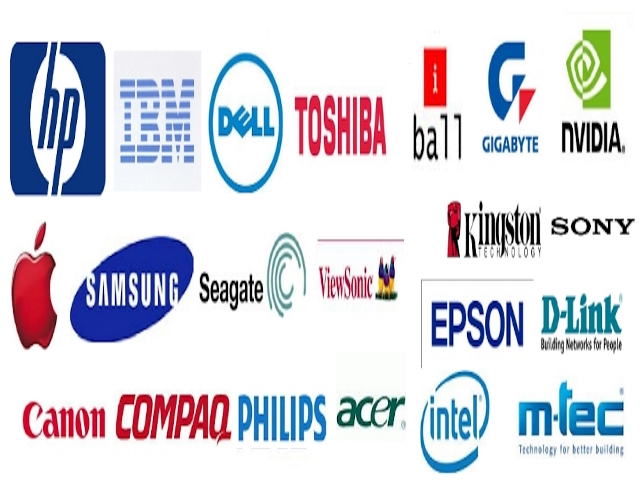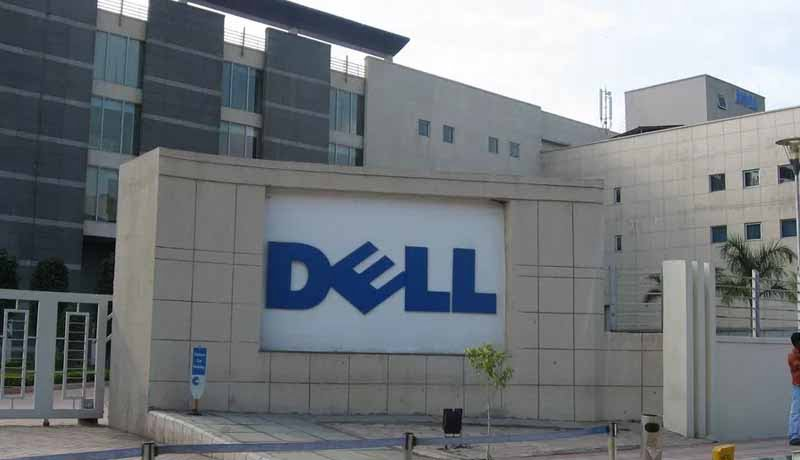Introduction
The computer and electronics industries are making great strides in technological development. Some of the world's most successful and largest corporations are responsible for developing and manufacturing the technologies that enable individuals to maintain their connections with others. These businesses manufacture many high-tech devices, from desktop computers and mobile phones to printers and networking equipment. Among the products they produce are kitchen and laundry equipment. All of these gadgets fall under the "tech hardware" category since they include cutting-edge technology and are vastly improved over their predecessors.
Below we look at the a few of the 10 biggest tech hardware companies by 12-month trailing (TTM) revenue. The 12-month trailing data may be older for non-U.S. corporations because some companies report profits semi-annually rather than quarterly. Data is courtesy of YCharts.com unless otherwise noted. Investopedia often restricts itself to organizations whose stock is traded on U.S. or Canadian exchanges or through American depository receipts (ADRs) when compiling rankings of the world's ten largest corporations. On the other hand, Samsung Electronics Co. Ltd. (005930) and L.G. Electronics Ltd. (066570) are not listed anywhere in North America. They are included because of their significance to the sector and because ETFs based in South Korea still provide access to them for investors in the United States. The market capitalization for both firms is listed below in Korean Won.
Technology Hardware Firms
As the number of people with access to computers worldwide increases, demand for computer hardware increases dramatically. That's why people must find ways to keep themselves busy and active within their safe spaces to maintain a healthy lifestyle. Sales of video games and personal computer accessories increased by 9 percent globally. Data from market research firm Gartner shows that during the third quarter of last year, shipments rose to 71.4 million devices, and demand rose to 11.4% throughout the entire U.S. market. According to the numbers, this marked the first time demand climbed by double digits in the area. According to certain forecasts, the computer hardware industry is expected to increase from $862.93 billion in 2020 to $944.09 billion in 2021. This equates to a CAGR of 9.4% over the next few years. Approximately 43% of all computer hardware sales occurred in the North American market.

Siemens AG
Revenue for the year was $97.4 billion, and the company had assets of $171 billion as of the most recent financial filings. Over 385,000 people are employed by the corporation, which has its headquarters in Munich, Germany. Across the world's economy, Siemens is active in several sectors. Regarding engineering, electrical, and automation solutions, Siemens is actively involved in the infrastructure, industrial, and construction industries. The organization also works on creating and planning smart city infrastructures, such as security diagnostic systems and rail systems. Microsoft Corporation is yet another well-known player in the market. Sources cite $138.6 billion in reported revenue and $285.4 billion in total assets for the corporation. The current head office is in Redmond, Washington, and the corporation employs 144,000 people. The company's founder has consistently ranked among the world's wealthiest individuals. Microsoft produces a wide variety of consumer goods, including the Windows operating system, tablets, smartphones, and P.C. accessories, as well as video game consoles like the Xbox.
Apple Inc. (AAPL)
Apple is a company that creates various electronic gadgets, including smartphones, laptops, digital music players, and wristwatches. The business offers a variety of digital content and apps from independent developers in addition to its software and services. Apple's most well-known products are the iPhone, iPad, and Mac computer lines.
Samsung Electronics Co. Ltd. (005930)
Samsung Electronics Co., Ltd., headquartered in South Korea, is a multi-national electronics conglomerate that produces electronics and computer accessories. The company manufactures electronic devices such as air conditioners, refrigerators, televisions, and other products like semiconductors. In addition to making smartphones, Samsung also makes infrastructure for telecommunications networks. Its Galaxy line of smartphones is a serious challenger to Apple's iPhone offerings.
Dell Technologies Inc. (DELL)
Dell is a holding company that offers I.T. hardware, software, and service options through its several divisions. It manufactures P.C.s, laptops, tablets, servers, monitors, printers, gateways, software, and data storage. Besides delivering solutions for cloud management, networking, and security, Dell also caters to customers needing personal computers.

Panasonic Corp. (PCRFY)
Japanese conglomerate Panasonic produces high-quality consumer electronics worldwide. The firm designs and produces a wide range of electronic products, including refrigerators, washing machines, automotive navigation systems, digital gadgets, computer peripherals, telecommunications, industrial equipment, lighting fixtures and electric lamps, and electronic components.
Conclusion
The demand for computer hardware has skyrocketed due to the recent coronavirus outbreak. Work from home, distance learning, Cloud computing, artificial intelligence, rising P.C. shipments, gaming, and entertainment are all trends that are helping to drive the computer hardware market. Research firm Gartner reports a 9% year-over-year growth in P.C. shipments worldwide in the third quarter of 2020.



